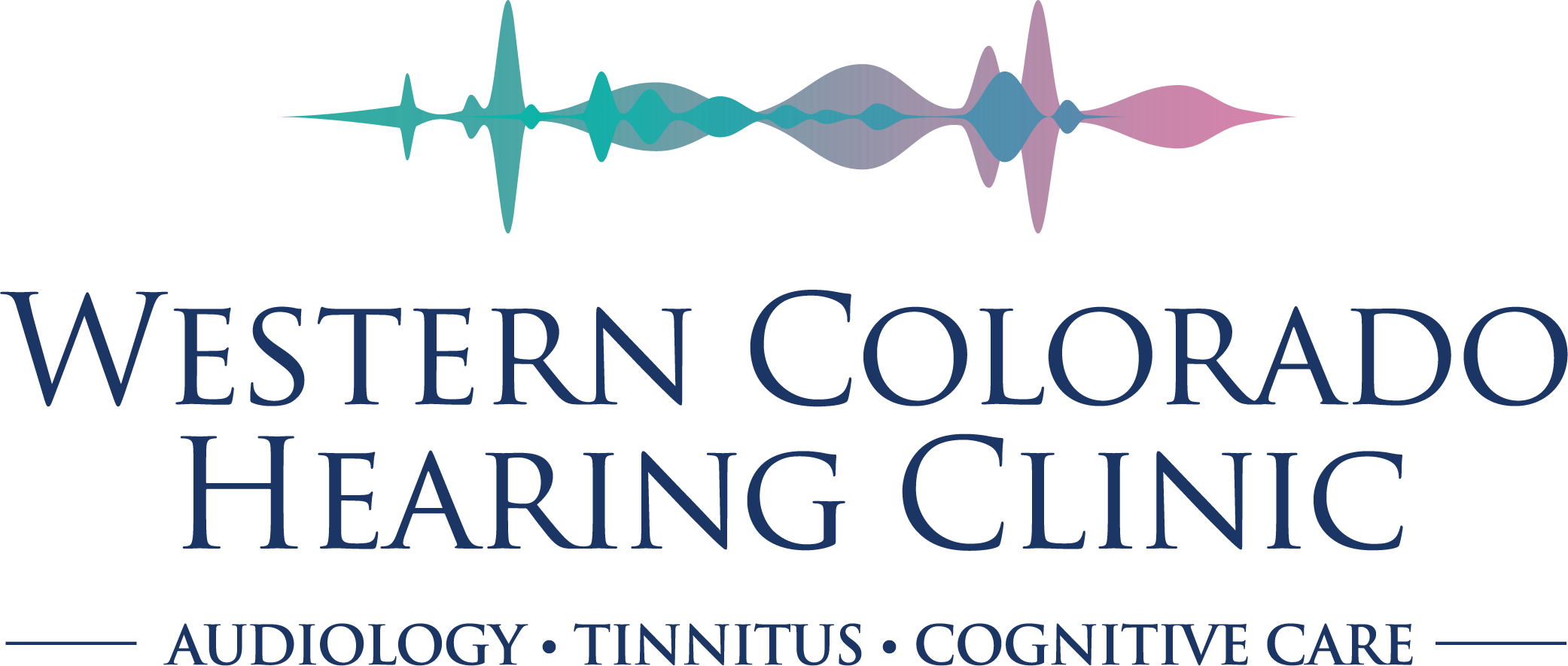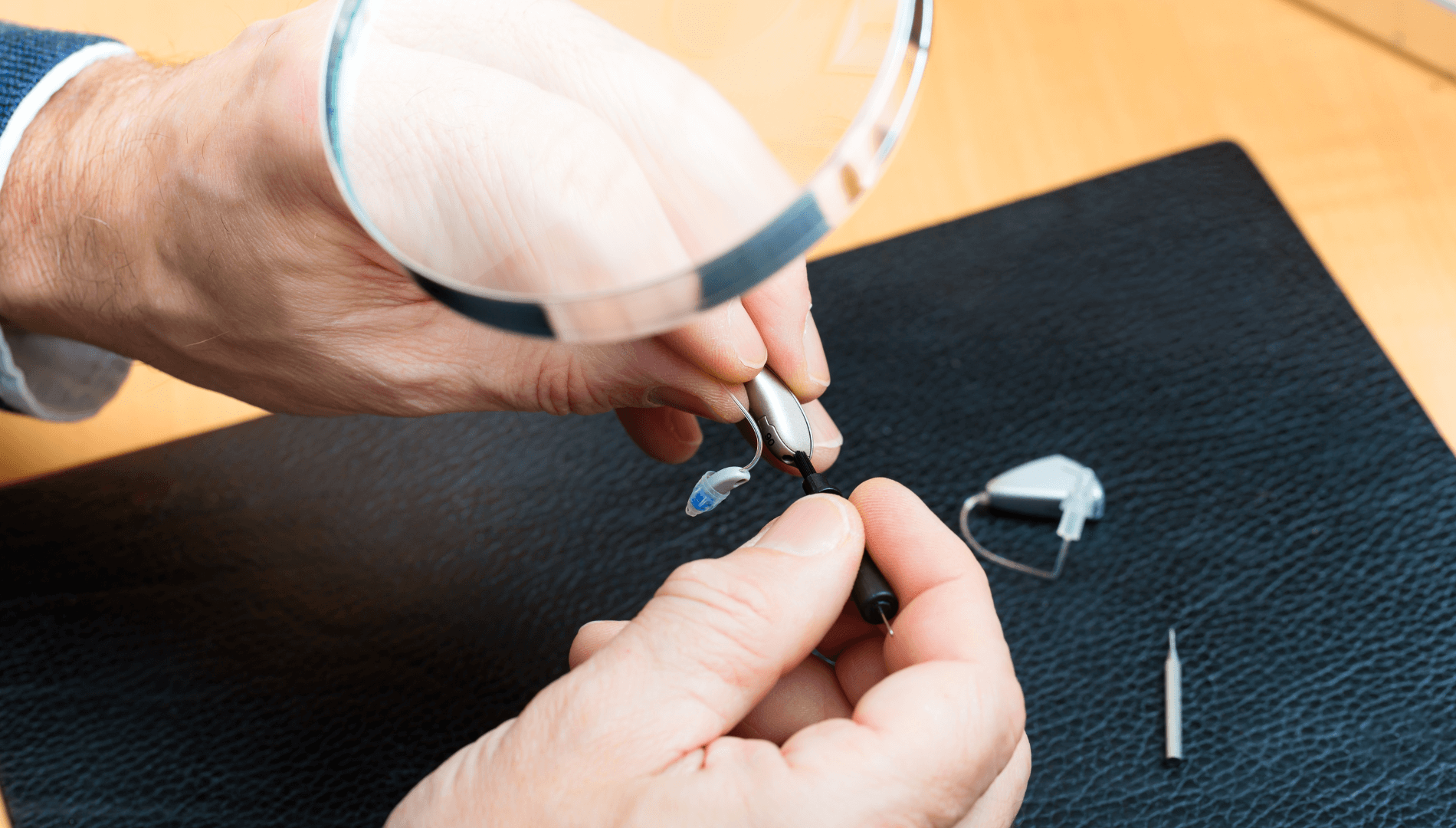We Moved! Visit us at
605 25 Rd, #100, Grand Junction, CO 81505
Excuses For Not Buying Hearing Aids
Return to Blog

Excuses For Not Buying Hearing Aids
Living with untreated hearing loss can significantly impact one’s quality of life, yet many individuals delay or avoid purchasing hearing aids for various reasons. Denial of hearing loss is a prevalent barrier to seeking treatment. Some individuals may attribute their difficulty hearing to age or environmental factors, dismissing the need for intervention. However, denying hearing loss can lead to further deterioration of auditory function and negatively impact overall well-being.
Acknowledging the signs of hearing loss, such as difficulty understanding conversations, asking others to repeat themselves frequently, or turning up the volume on electronic devices, is the first step in overcoming denial. Encouraging individuals to undergo a hearing health exam can provide objective insight into their auditory health and motivate them to seek appropriate treatment.
Stigma Surrounding Hearing Aids
Another obstacle to purchasing hearing aids is the stigma associated with wearing them. Some individuals perceive hearing aids as symbols of old age or disability, leading to reluctance to seek treatment. However, modern hearing aids are discreet and technologically advanced, making them virtually indistinguishable from regular earpieces.
Educating individuals about the advancements in hearing aid technology and debunking common myths can help alleviate concerns about stigma. Highlighting the benefits of improved hearing, such as enhanced communication, social engagement, and overall well-being, can motivate individuals to overcome the stigma and prioritize their auditory health.
Cost Concerns
Cost is a significant factor that prevents many people from investing in hearing aids. Some individuals may believe that hearing aids are prohibitively expensive or not covered by insurance. While hearing aids can represent a financial investment, they are also a valuable tool for improving quality of life and should be considered a worthwhile investment in one’s health and well-being.
Exploring financing options, such as insurance coverage, payment plans, or assistance programs, can help make hearing aids more affordable for individuals with cost concerns. Emphasizing the long-term benefits of hearing aids, such as improved communication, cognitive function, and overall quality of life, can also justify the initial investment.
Fear of Change
Fear of change is another common excuse for avoiding hearing aids. Some individuals may worry that wearing hearing aids will alter their lifestyle or draw attention to their hearing loss. However, adapting to wearing hearing aids is often a seamless process, and the benefits of improved hearing far outweigh any perceived drawbacks.
Addressing concerns about lifestyle changes and providing reassurance about the discreetness and effectiveness of modern hearing aids can help alleviate fears. Encouraging individuals to focus on the positive outcomes of improved hearing, such as enhanced social connections, increased independence, and reduced cognitive strain, can motivate them to overcome their fear of change.
Lack of Awareness
Many people are simply unaware of the available options for treating hearing loss, including hearing aids. They may not realize the extent of their hearing loss or the potential benefits of wearing hearing aids. Educating individuals about the importance of addressing hearing loss and the available treatment options can help overcome this barrier.
Raising awareness through informational campaigns, community events, or healthcare provider referrals can help individuals recognize the signs of hearing loss and understand the benefits of seeking treatment. Providing resources such as educational materials, online assessments, or hearing health screenings can empower individuals to take proactive steps towards addressing their hearing loss.
Procrastination
Procrastination is a common human behavior, and many individuals put off addressing their hearing loss until it becomes more severe. However, delaying treatment can lead to further deterioration of auditory function and may limit the effectiveness of interventions such as hearing aids. Encouraging early intervention is essential for preserving hearing health.
Highlighting the importance of early detection and intervention in mitigating the progression of hearing loss can motivate individuals to take action. Emphasizing the potential consequences of untreated hearing loss, such as social isolation, cognitive decline, and reduced quality of life, can provide a sense of urgency and encourage individuals to prioritize their auditory health.
While there may be valid reasons for delaying or avoiding the purchase of hearing aids, it’s essential to address hearing loss proactively to maintain overall health and well-being. By understanding and overcoming common excuses, individuals can take the necessary steps to improve their hearing and quality of life!



